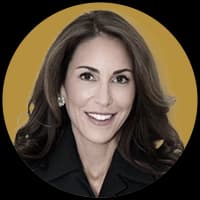The Cocktail Party Contrarian: Masks and the Problems of Blind Compliance
A visit to an ophthalmologist spurs a humiliating flashback to a time not long ago when a suppressed and submissive population was gripped by fear and government mandates.

When I walked into my ophthalmologist’s office recently, I noticed everyone was wearing a mask. It was a jarring sight, and a humiliating flashback to a time when a suppressed and submissive population was gripped by fear and government mandates.
Please check your email.
A verification code has been sent to
Didn't get a code? Click to resend.
To continue reading, please select:
Enter your email to read for FREE
Get 1 FREE article
Join the Sun for a PENNY A DAY
$0.01/day for 60 days
Cancel anytime
100% ad free experience
Unlimited article and commenting access
Full annual dues ($120) billed after 60 days

